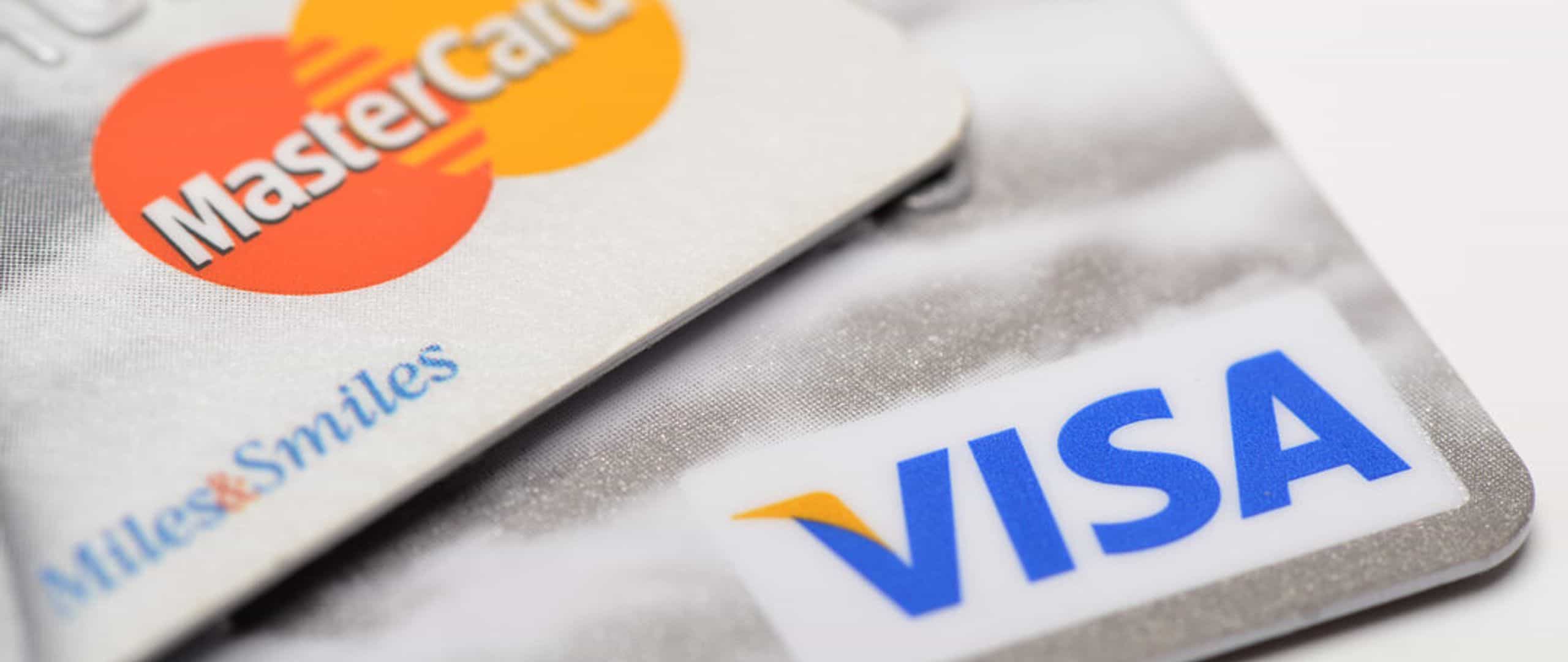The DOJ is Suing Visa
The DOJ is suing Visa alleging the world’s largest payment network created a market monopoly by paying off competitors and stifling startups. Attorney General Merrick Garland stated in the U.S. Department of Justice release that Visa “unlawfully amassed the power to extract fees that far exceed what it could charge in a competitive market.” The exorbitant fees merchants and banks are charged are passed on to consumers in either higher prices or reduced quality and, “as a result, Visa’s unlawful conduct affects not just the price of one thing, but the price of nearly everything.”
The DOJ began investigating Visa in 2020 after the network attempted a multi-billion-dollar takeover of a fintech company named Plaid which facilitates communications between financial services apps and the users’ banks and credit card providers. In response to the suit Visa and Mastercard agreed to allow merchants to charge customers for using credit cards, but a federal judge rejected the settlement claiming it wasn’t good enough and that the payment networks could afford to do better. Plaid is currently owned by founders Zach Perret and William Hockey.
Adding to its case, the Department of Justice reports that Visa has been paying off competitors to keep them from developing new technologies that could threaten their profits. Apple, PayPal, and Square have agreements that legally prevent them from competing directly with Visa. A manager with Visa was quoted as saying, “we’ve got Square on a short leash and our deal structure was meant to protect against disintermediation.”
To date, Visa processes more than 60% of the nation’s debit card transactions. The DOJ is asking for the federal district court in Manhattan to prevent Visa from entering into agreements with competitors and to stop Visa from imposing pricing incentives for use of its network.
